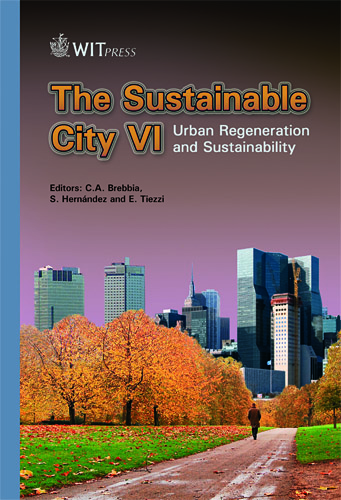Evaluation Of Pay-by-use (PBU) Domestic Waste Charging Systems In Ireland
Price
Free (open access)
Transaction
Volume
129
Pages
11
Page Range
509 - 519
Published
2010
Size
452 kb
Paper DOI
10.2495/SC100431
Copyright
WIT Press
Author(s)
A. O’Callaghan-Platt, T. Coakley & C. Gibson
Abstract
Irish waste collectors were advised by the Department of Environment, Heritage and Local Government to adopt pay-by-use (PBU) domestic waste charges from 1st January 2005. The measure was taken to combat the rising volumes of waste produced nationally and to apply the polluter pays principle to waste charges, in line with EU waste principles and sustainability objectives. The PBU charges have been adopted by waste collectors nationwide; however these charges have been implemented in different forms across the country with several different PBU systems (weight, tag, and differential bin size systems) used by waste collectors. In order to optimise PBU to ensure achievement of nationally desired waste management outcomes research into the impacts each PBU system was undertaken. The study evaluated the components of each PBU system in terms of their impacts upon waste disposal, recycling, and, in particular, source reduction in order to determine the most environmentally effective system. The research into the impacts of PBU systems on the environment found that in Ireland weight-based PBU charges are marginally more environmentally effective than tag-based charges and differential bin size charges in terms of residual, recycling, and total waste levels. Keywords: domestic waste, waste charges, economic instruments in Ireland, pay-as-you-throw, total waste, domestic recycling. 1 Introduction \“As a matter of equity and in order to directly incentivise waste reduction, the level of waste charges should vary according to usage” (DoEHLG [1]). This statement in the 1998 Department of Environment policy document ‘Changing
Keywords
domestic waste, waste charges, economic instruments in Ireland, pay-as-you-throw, total waste, domestic recycling





